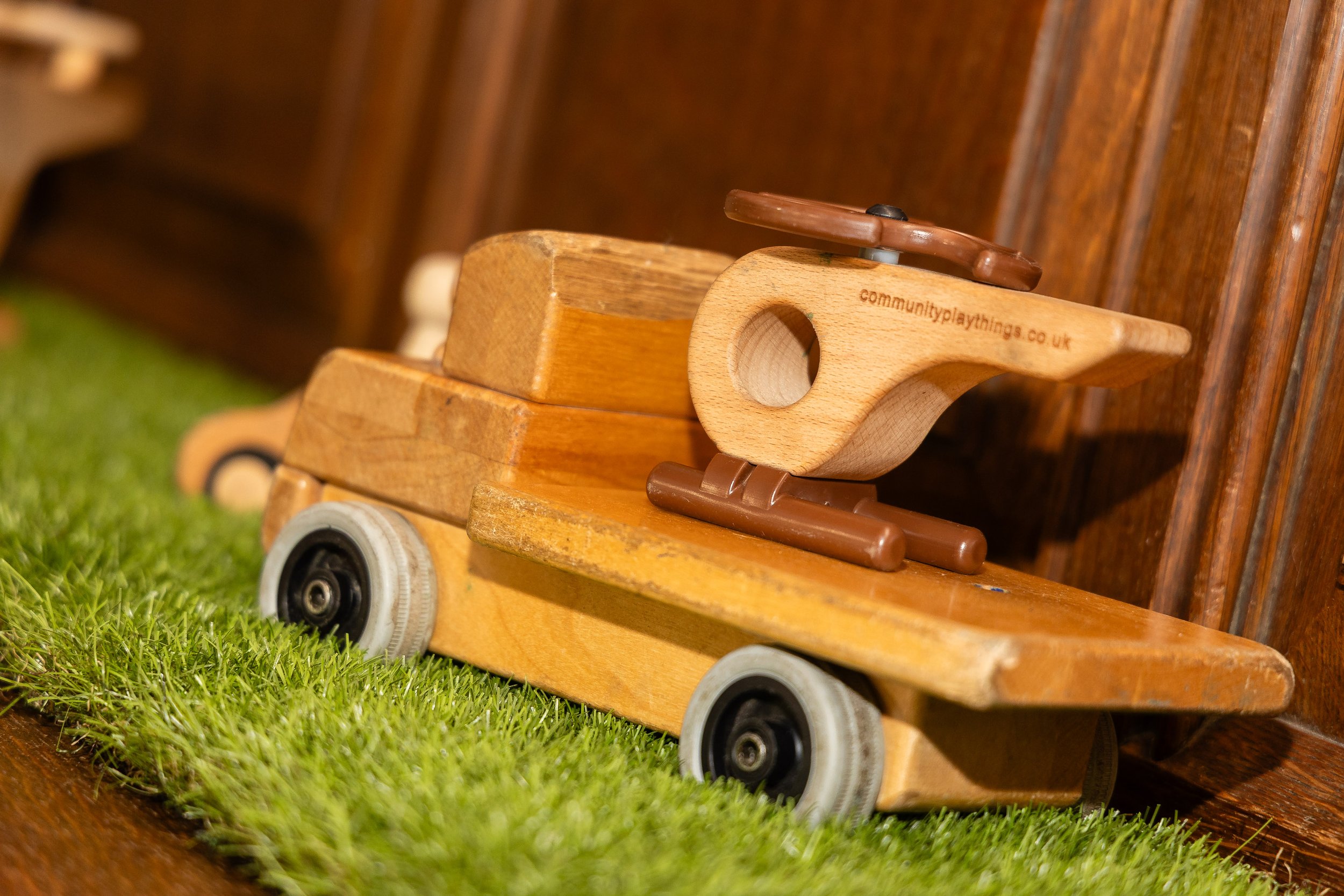
Our Daytime Family

We attract fantastic individuals because we place a high value on inclusivity, invest in our team, and provide a supportive, warm, and rewarding place to work. Our team are our greatest asset, and we are committed to ensuring they feel motivated, engaged, and empowered to bring their best to every child, every day.
It’s thanks to this incredibly talented and dedicated team that we achieve exceptional standards in early years education, enabling our children to become independent, confident, and emotionally intelligent individuals. Together with our wonderful children, they are at the heart of our daytime family.

Want to see the amazing individuals who make KatieB Kids so special? Meet our team of passionate, dedicated educators who bring our values and curriculum to life every day.

We understand that children flourish when educators do.
Join our team and make a difference every single day.
A Career That Makes a Difference—Every Single Day
At KatieB Kids, our team is more than a group of colleagues, we’re a daytime family, united by a shared purpose: to create meaningful, joyful learning experiences for children in the most formative years of their lives.
Working with under 5s is a privilege. These early years are when 90% of brain development happens, and the connections children make now shape who they will become. Our educators provide more than safety and high-quality education, they offer love, reassurance, and a sense of belonging. They are part-time parents, superheroes in disguise, and trusted anchors in a child’s day.
This is no ordinary job. It’s a calling filled with pirate ship adventures, upside-down storybooks, messy play, heartfelt milestones, and the unmatched joy of children’s laughter. It’s a role that brings deep fulfilment, knowing you are shaping young lives every day.
We understand early years work is undervalued, but not here. At KatieB, you’ll find a place where your dedication is recognised, your creativity is celebrated, and your professional growth is supported.
Who Thrives Here?
We’re looking for educators who share our values and want to be part of something special.
We’d love to meet you if you are:
Passionate about a play-based, child-led approach to learning
Confident in supporting children to explore, investigate, and express themselves
Always ready to put the child’s needs first
Qualified in early years education, or committed to working towards it
Seeking not just a job, but a rewarding career in early years
Whatever your background, if you share our values and our belief in the power of early childhood, you’ll find a home here.
Want to be part of the KatieB family?
Safeguarding statement
Our nursery is committed to safeguarding and promoting the welfare of children and expects all staff and volunteers to share this commitment. Full background checks and an enhanced DBS will be required prior to employment.
We will only appoint a person able to meet the criteria set for safer recruitment.
Our team are our greatest asset -
and we do all we can to support them to stay
-

A high value on inclusivity
It is the diversity of our team that makes us stronger, supports our growth and impacts positively upon the outcomes for our children. Innovation stems from the ability to utilise different perspectives in approaching and finding solutions. By bringing together individuals with diverse skills, different cultural backgrounds, and life experiences, we benefit from fresh perspectives that drive our creativity and we are equipped to offer the best service for our children.
-

A supportive, warm, and rewarding place to work
Effective communication, empathy, and peer support all support our staff retention. We invest in building a strong and resilient team who can cope with life, work, and the odd curve ball. We offer ‘psychological safety’ – where staff feel able to express a need, don’t have to cope alone, and, within reason for a safety-critical environment like a nursery, can make mistakes without expecting ridicule or draconian consequences. We want a resilient workforce, an empathetic workforce, and a place where everyone feels supported.
-

A positive work-home life balance
We are an independent nursery, with one site that receives all our love and attention. We offer set regular shift patterns each week, enabling you to fit work around your personal commitments. We have part time and full-time hours, lunchtime cover and early and late shifts. We don’t ask for overtime, but it is available if you want it. We understand that you have a family too, so we close for a week at Christmas, and we are flexible so you can attend hospital appointments or be there for your children when they need you.
-

Positive emotional and physical wellbeing
We know that in the 21st century people are finding life in general tough, and we support where we can. Mindfulness is woven into the regular support offered to all our team, we have a mental health first aider, produce monthly well-being bulletins and our team have a dedicated equipped gym area on site. We offer wellbeing baskets, have comfortable spaces to take time out with colleagues, or alone, have fresh fruit, and sweet treats available and we even have a massage chair!
-

Everyone as an individual
Each member of our team brings their own potential, both professionally and personally – and it is our job to unleash that potential. We encourage our educators to be innovative in how they work and provide the support and resources to enable a professional freedom to thrive. Oh, and we don’t have a uniform, we want our team to be comfortable at work.
-

Support for professional development
We go beyond statutory training, supporting personal and professional development with regular coaching, on-the-job mentoring, and skilled supervision. Our nursery closes for 2 professional development days per year for full CPD days led by renowned early years specialists and we fund specialist courses in line with individual career progression.
-

A business driven by its core values
It is important to us that we achieve a consistency between the expectations of the role, and the standards that we deliver. There is a collaborative input on ideas for how we can deliver our service, to ensure there are adequate resources and to always aim for the highest standards. For everything that we do we remember the why, bringing it back to our values.
-

Managers that listen
We don’t offer a top down management, Instead our leadership is transparent and supportive with layers of management minimised . We encourage joint responsibility where every individual is recognised as competent and capable. We promote a consistent process for reflection on what is going well, and how working conditions can be improved. Everyone has a voice in our nursery, and we always listen.
At KatieB Kids, we believe that valuing our educators means more than offering a payslip—it means offering a pathway. Our business model prioritises reinvestment into the nursery, with generous resources allocated to team development and wellbeing. Decisions about how we grow are made collaboratively—because every voice matters.
We’re proud to offer salaries above industry standards, but even more importantly, we offer real progression. Every team member has the opportunity to grow their career within the setting, supported by a clear pathway for development and senior training. With transparent pay scales and well-defined responsibilities for each role, we empower our educators to take ownership of their journey and increase their earning potential as they grow.
And finally…
Rewarding Growth, Recognising Potential
-
Our educators ensure that our children are consistently offered a stimulating program of activities reflective of their needs, interests and learning styles. They demonstrate knowledge and implementation of the KatieB Kids Let’s curriculum and the requirements of the EYFS and nursery policies. They establish and maintain a safe environment and are competent in recognising when a child is in danger or at risk of harm, acting to protect them.
Educators at KatieB Kids without senior responsibilities are paid up to £26,832.00 per annum.
-
Our senior educators consistently ensure a safe and stimulating learning environment, role modelling for others to do the same.
Working in line with our vision and values our seniors employ practices that promote the children’s, colleague’s and one’s own health, safety and physical, mental and emotional well-being.
Senior educators can become senior leaders who we trust to support their colleagues to adapt and respond to changing situations & environments, they keep calm in the face of difficulties, and plan to have alternative options in case things go wrong. They take on new challenges at short notice, are resourceful and have a 'can do’ attitude. They bounce back from setbacks and maintain a positive attitude keeping an open mind and seeing the bigger picture.
Senior educators and senior leaders within our nursery facilitate communication by supporting collaborative and cooperative working. They identify and problem-solve barriers to effective provision or routine within the room, and listen to the voice of their colleagues, empowering others to voice concerns or make suggestions for change. Our seniors will feed back problems with potential solutions to our management in an effective way.
Senior educators at KatieB Kids are paid from £27,372.80 up to £31,229.95 per annum.
-
Our management act as inspirational, passionate and energetic leaders able to effectively support our early years team to provide the highest standards of care and development opportunities to our children in line with the nurseries values.
Our managers observe rooms, review statistics, hold team meets and support regular audit, supervision, and appraisal for all staff. They support all their team to be competent, professional, to cope with difficult situations, including change and to progress their careers. Through regular formal and informal opportunities they listen to the voice of everyone connected to the setting, they support collaborative and cooperative working, recognise problems, and implement solutions in an effective way.
Finally our managers contribute towards the growth of the company, marketing and promoting the setting, supporting retention and promoting word of mouth recommendation.
Our managers are paid from £31,845.21 up to £44,405.08 per annum.
Already in our family?
Access our tailored staff portal for all the tools, support, and resources you need to succeed and feel your best as part of our team.






